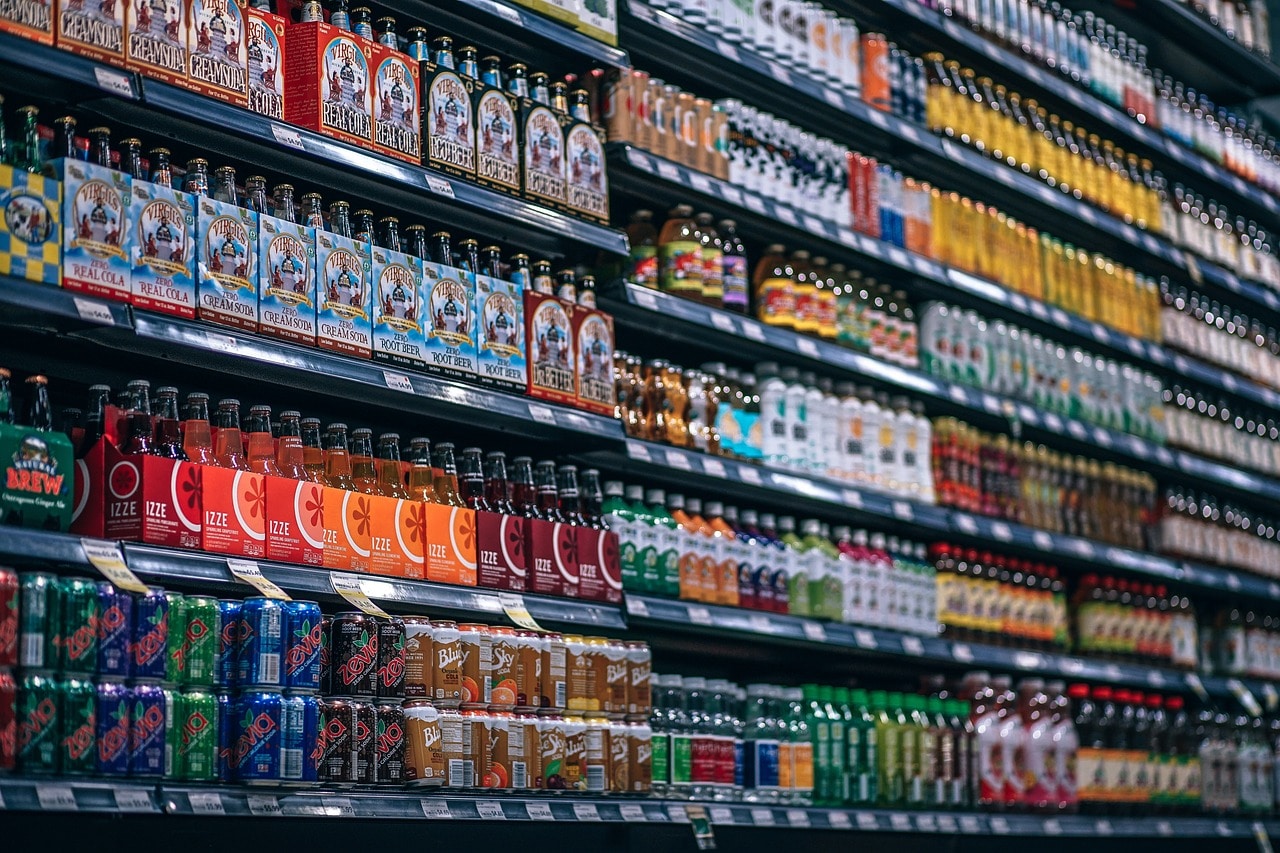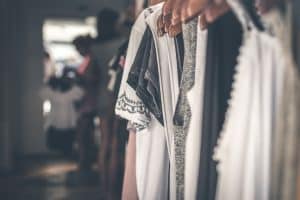Sustainable Brands Making a Difference in Retail
With the growing awareness of the impact of consumerism on the environment, more and more companies are embracing sustainable practices. This is a welcome change, especially in the retail industry where fast fashion and single-use plastic dominate. Sustainable brands are making a difference in retail by challenging business norms, investing in eco-friendly materials, and promoting ethical production practices. In this article, we will take a closer look at some of the sustainable brands that are leading the way in creating a greener and more ethical retail landscape.
Challenging Business Norms
Patagonia
Patagonia is a brand that has long been associated with sustainability. From their use of recycled materials in their products to their efforts in reducing waste, Patagonia is committed to minimizing their environmental impact. But what truly sets Patagonia apart is their bold approach to challenging business norms. In 2011, they ran an advertisement in the New York Times on Black Friday that read “Don’t Buy This Jacket.” This eye-opening move aimed to raise awareness about the impact of overconsumption and needless shopping. Instead of pushing for more sales, Patagonia encouraged customers to think twice about their purchases and reduce their consumption. This is just one example of how Patagonia is setting an example for other brands to follow.
Everlane
Everlane is another brand that is redefining the retail business model. They are known for their transparent pricing, minimalistic designs, and commitment to ethical production practices. Everlane has a strict “radical transparency” policy where they disclose the cost of production, material sourcing, and markups for each item on their website. This not only helps consumers make more informed purchases, but it also holds the brand accountable for their practices. Everlane also actively works towards reducing their environmental impact by using eco-friendly and recycled materials in their products and investing in sustainable factories and supply chains.
Investing in Eco-Friendly Materials
Reformation
Reformation is a sustainable clothing brand that is on a mission to create the most sustainable fashion without compromising on style. They use eco-friendly materials like Tencel, recycled nylon, and deadstock fabrics to create their trendy and chic pieces. They also have a “RefScale” that tracks the environmental footprint of each product they make, so customers can make more educated choices. In addition to their sustainable materials, Reformation also promotes circular fashion by offering a recycling program where customers can return their old Reformation clothes for recycling.
Girlfriend Collective
Girlfriend Collective is a sustainable activewear brand that has gained a cult following for their comfortable and stylish workout clothes. What sets them apart is their use of recycled material from plastic bottles and fishing nets to create their fabrics. They also prioritize ethical production practices by partnering with factories that provide fair wages and safe working conditions for their workers. Girlfriend Collective also offers a recycling program for their old products, making it easier for customers to dispose of their old clothes sustainably.
Promoting Ethical Production Practices
ABLE
ABLE is a brand that believes in creating opportunities for women, whether it’s through fair wages or job training programs. Their mission is to end generational poverty by providing sustainable job opportunities for women in developing countries. All of their products are made by women who are paid fair wages and given safe working conditions. ABLE also promotes transparency by sharing the stories of the women behind the products on their website. This not only allows customers to connect with the people behind the brand but also showcases the positive impact of their purchases.
Matt & Nat
Matt & Nat is a vegan fashion brand that not only uses eco-friendly materials but also promotes ethical production practices. They source all their materials from recycled plastic bottles and have a strict policy against using animal products. In addition, they ensure that their factories meet strict ethical standards, and workers are paid fair wages. Matt & Nat also have a recycling program where customers can return their old bags for recycling, showing their commitment to sustainability beyond just their products.
Conclusion
Sustainable brands are making a significant difference in the retail industry by challenging business norms, investing in eco-friendly materials, and promoting ethical production practices. These brands are setting an example for the rest of the industry to follow and are proving that fashion and sustainability can go hand in hand. As consumers become increasingly conscious of their impact on the environment, it is crucial for brands to embrace sustainability and take responsibility for their actions. Hopefully, more retail brands will follow in the footsteps of these sustainable pioneers, creating a more ethical and eco-friendly retail landscape for future generations.










